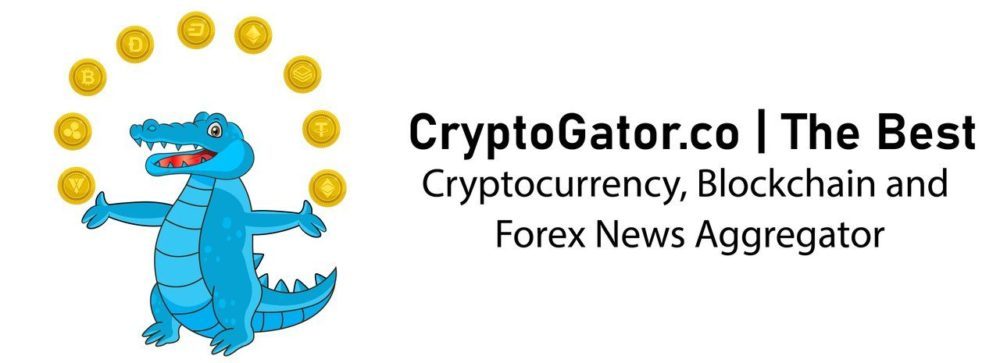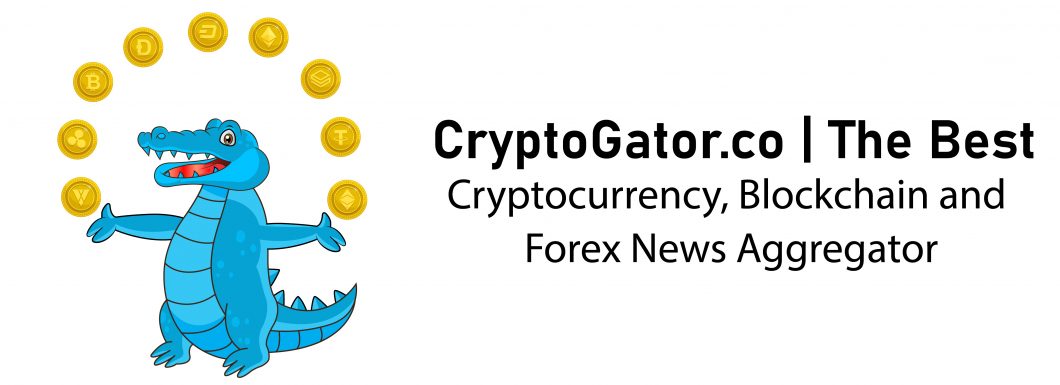The post Massive USDC to Fiat Conversion on Coinbase: $5B Transferred in 24 Hrs As SEC Intensifies Regulatory Enforcements appeared first on Coinpedia Fintech News
The United States authorities are continuing their assault on cryptocurrencies, exchanges, and issuers, and it seems that the activities are having an effect on the attitude and sentiments of investors as well.
Blockchain data and security platform Peckshield has revealed that investors have traded approximately $5 billion worth of cryptocurrencies for fiat currency over the course of the previous twenty-four hours in Coinbase alone.
Cryptos Take A Dip
At the time of this publication, the price of Bitcoin is below $22,000, while the price of Ether is below $1,600, clearly indicating that these developments are impacting the price. Both USDT and USDC have lost their peg to the dollar as well. The whole cryptocurrency market is now mostly in the red.
The RSI and the MACD have both hit the level of 25 and are creating below-zero histograms, indicating that strong selling pressure is now present. Furthermore, on-chain indications suggest that investors are now quite bearish about the value of particularly Bitcoin, Ethereum, and stablecoins.
Gensler’s Opinion Stirs The Market
Bitcoin has just completed a 61.8% Fibonacci retracement at its current price of $21,900, suggesting that there is a significant likelihood of a price surge down towards $20,000 in the immediate future. Resistance for Bitcoin is likely to stay around $22,300, or perhaps $22,775, which is close to its long-term average.
In a separate but related incident, the Chief Executive Officer of Ripple, Brad Garlinghouse, has decided to highlight the fact that attempts to regulate cryptocurrencies are making very good headway in other countries, despite the resistance to such regulation in the United States.
Gary Gensler, the chairman of the Securities and Exchange Commission, is of the opinion that many cryptocurrencies, except Bitcoin, should be categorized as unregistered securities. The public and the private markets both provide venues for selling financial instruments known as securities



